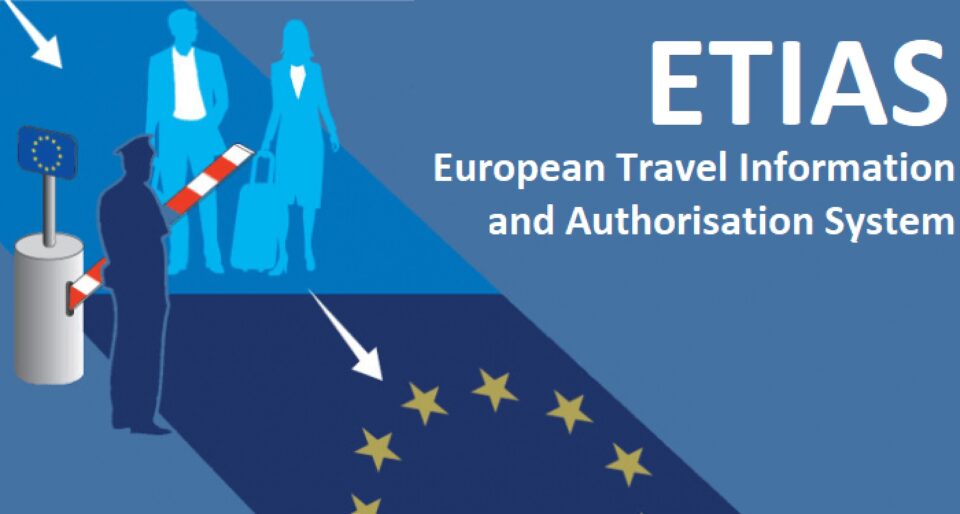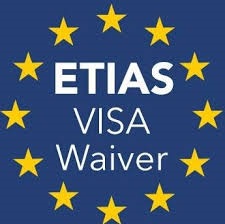2022 will see the arrival of the ETIAS - European Travel Information & Authorisation System.


The Travel Entry authorisation will become mandatory in 2022 – no actual date is confirmed yet, but it looks as though it will be towards the end of the Year. In the meantime, you can continue to travel around the EU without such authorisation.
What does this mean for UK travellers going to Europe?
You will be required to apply for an ETIAS online to travel to one or more countries in the Schengen Zone (please see the list below). All applications will be checked against databases such as Europol, Interpol, SIS, VIS and the ETIAS has its own watchlist and screening rules. Most applications should be approved within 72 hours, although there will of course be some which will be denied and others which need more investigation (could be random) which could take up to 4 weeks. To apply you will need a valid passport, an email address (to which your approval will be sent) and a debit or credit card to pay for the application.
The Application Fee is currently set at €7 euros and is payable for travellers between the age of 18 and 70, ages either side of this group do not have to pay.
Validity
The ETIAS is valid for a period of three years starting from the date of issue, or earlier if the Passport which supported the application expires. ETIAS are only for Tourism, Business Travel and Transit, although it can be used as a Waiver for a work or study visa up to a maximum of 90 days.
The ETIAS is for short term visits of up to 90 days duration.
Not having an approved ETIAS will mean entry to a Schengen country will be refused!
Schengen Countries:
• Austria
• Belgium
• Luxembourg
• Netherlands
• Germany
• France
• Spain
• Portugal
• Sweden
• Finland
• Denmark
• Lithuania
• Latvia
• Estonia
• Poland
• Slovakia
• Hungary
• Slovenia
• Italy
• Greece
• Czech Republic
• Malta
Non-EU Member States which will still require a ETIAS in addition to those above are Iceland, Liechtenstein, Norway, and Switzerland
The following countries are classified as Non-Schengen States and as such will not require an ETIAS, although they could introduce their own regulations
Ireland
Romania
Bulgaria
Croatia
Cyprus